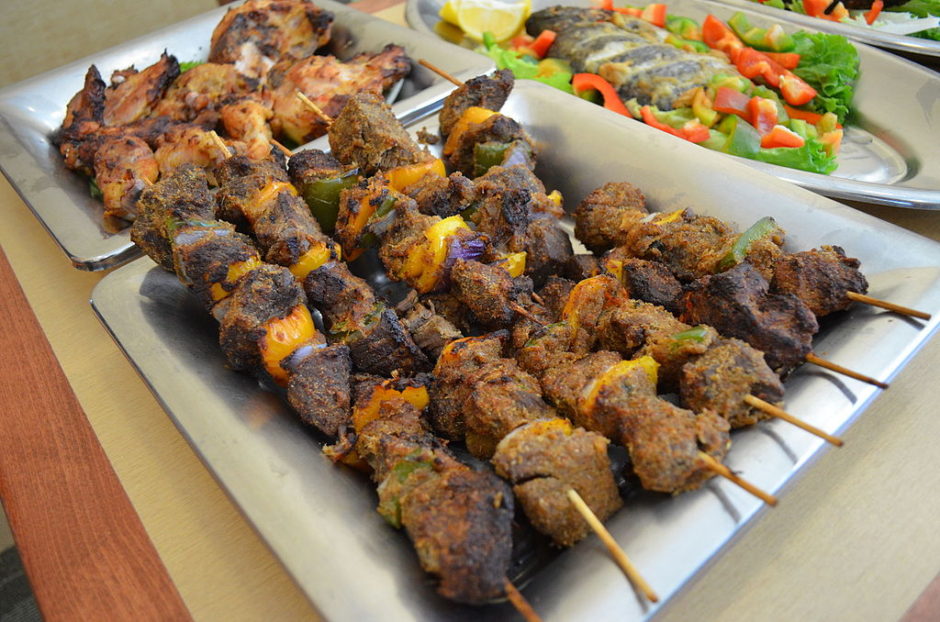Michael Solomonov has carved out a gastronomic niche for himself in the United States. He’s the co-owner and executive chef of Zahav, the acclaimed Israeli restaurant in Philadelphia. He and his partner, Steven Cook, are also the owners of Percy Street Barbecue, Federal Donuts, Dizengoff and Abe Fisher, all in the same city.
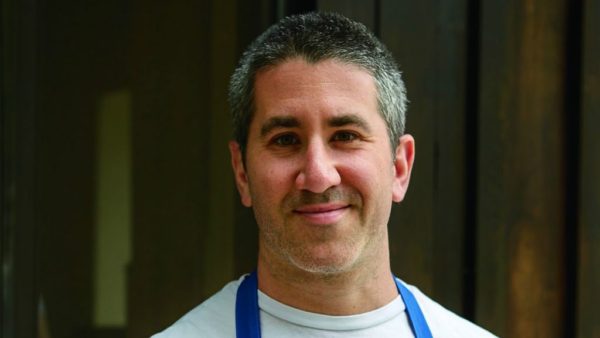
Having established a considerable following, the pair have taken their fame to the next level. They’ve written a cookbook, Zahav: A World of Israeli Cooking, published by Houghton Mifflin Harcourt. It’s a superb book, filled to the brim with Solomonov’s warm personal stories, inventive recipes and evocative photographs.
I’m not in the least surprised it was this year’s winner of the James Beard Foundation book of the year. It’s that good.
Solomonov, who was born in Israel and raised in the United States, has come a long way. Before discovering his culinary talents, he was something of a drug addict. Now 38, he gradually weaned himself off cocaine as he perfected his skills as a chef at a number of Philadelphia restaurants.
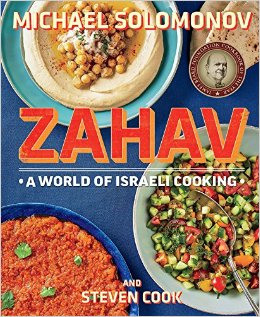
In 2008, he and Cook opened Zahav, which in Hebrew means gold, a reference to Jerusalem. Zahav has doubtless popularized the art of Israeli cuisine, but the claim that modern Israeli cooking was “virtually unknown” in the United States before Zahav is a bit rich. Scores of Israeli restaurants were in business years Zahav was even a gleam in their eyes.
However, it may well be true that Solomonov has refined Israeli cooking, a tantalizing fusion of Palestinian, Arab and European foods. Solomonov himself is a hybrid. His father is a Bulgarian Jew. His mother is an American of Ashkenazic stock.
As Solomonov suggests, Israeli food has all too often been stereotyped, boiled down in essence to two wildly popular dishes, hummus and falafel. They’re wonderful fast foods I’ve enjoyed for decades, since my first eye-opening trip to Israel in the summer of 1967. But, as he constantly reminds us in this beautifully-crafted volume, Israeli food transcends hummus and falafel, both of which originate in the Arab kitchen.
Glance through the table of contents and you’ll immediately grasp the essentials of Israeli cooking. It’s a glorious amalgam of grains, lentils, vegetables, fruits and meats, amplified by a heavenly mixture of herbs and spices like zaatar, cardamom, cumin and sumac.
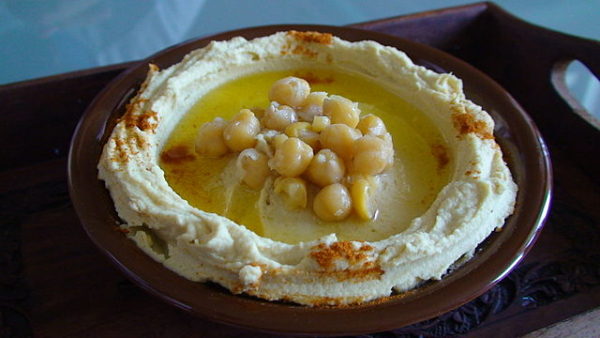
Still, hummus takes pride of place in Zahav. “I sometimes wonder where my career would be without hummus,” he writes. “More than anything, it’s the dish that brings people to the restaurant in the first place.” Solmonov offers readers six different creative recipes for this creamy and nutty dip that goes so well with pita bread.
Freshly-made salads are an important component of his repertoire, too, and at Zahav, the menu is sprinkled with finely-diced vegetables — cooked and raw, dressed and marinated, pickled and spiced, and roasted and stewed.
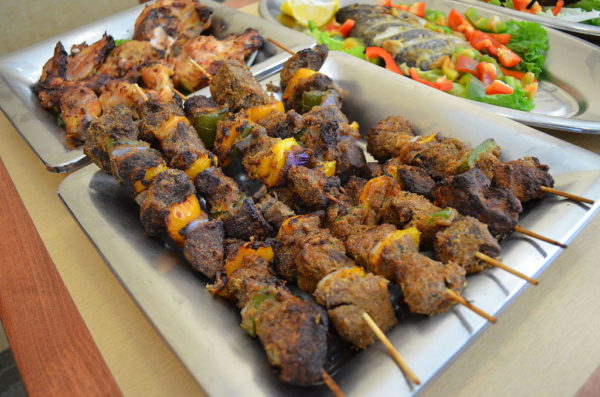
Solmonov’s matzo ball soup, spiked with black garlic, looks delicious. And his recipes for borekas — flaky rectangular, triangular or square pastries stuffed with potatoes, cheese or mushrooms and generously peppered with sesame seeds — seem irresistible. As he admits, he has a special attachment to borekas. His paternal grandmother baked them, and his first job was in a boreka bakery in Israel.
Solomonov is keen on laffa, the Iraqi-style flatbread he bakes in a clay oven known as a taboon. And he adores kebabs on the grill, particularly the Bulgarian and Romanian varieties, which are slightly different.
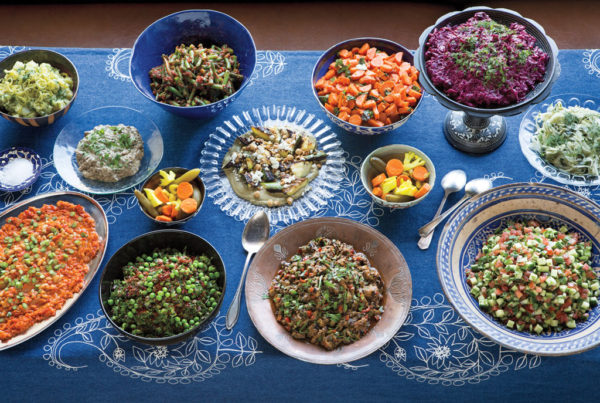
One of his signature dishes, lamb shoulder, seems incredibly mouth-watering. “Next to our hummus, this is the dish that put Zahav on the map,” he says. “We brine a whole lamb shoulder and smoke it over hardwood for a couple of hours. Then we braise it in pomegranate molasses until the meat is tender enough to eat with a spoon. Finally, the lamb shoulder is finished in a hot oven to crisp the exterior.” The end result is “smoky and crispy, soft and tender, sweet and savory.”
He takes pride as well in his coffee-braised brisket, which is mother served on special occasions during his childhood. When cooked properly, he notes, brisket is “one of the “most flavourful pieces of meat” one can find.
“My grandmother made her brisket with carrots, potatoes and Heinz Chili Sauce, which gave it a traditional sweet-and-sour flavor,” he says. “My mother added the coffee — she doesn’t remember why, but it’s pretty brilliant, actually.”
And so, I would say, is Zahav: A World of Israeli Cooking.
